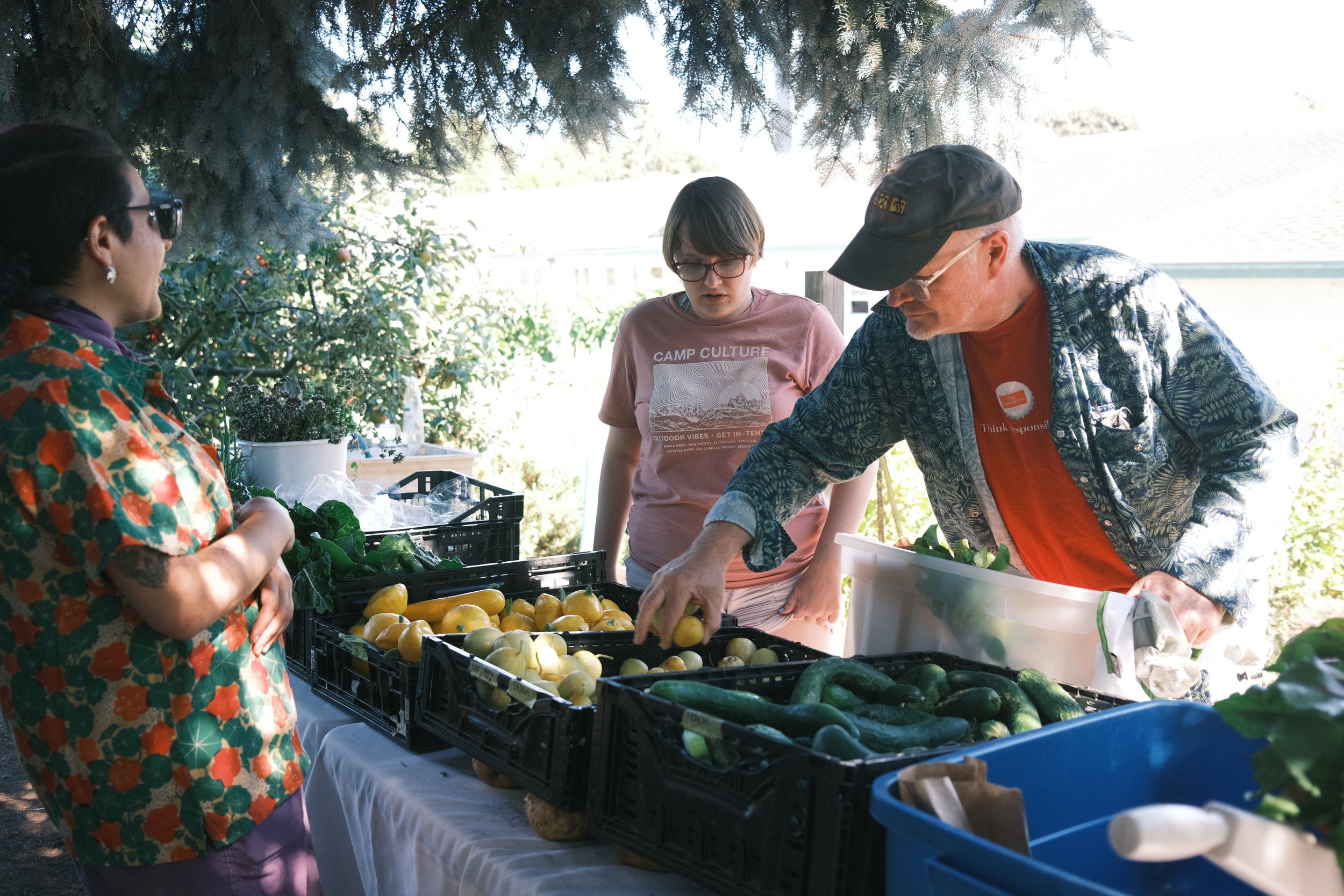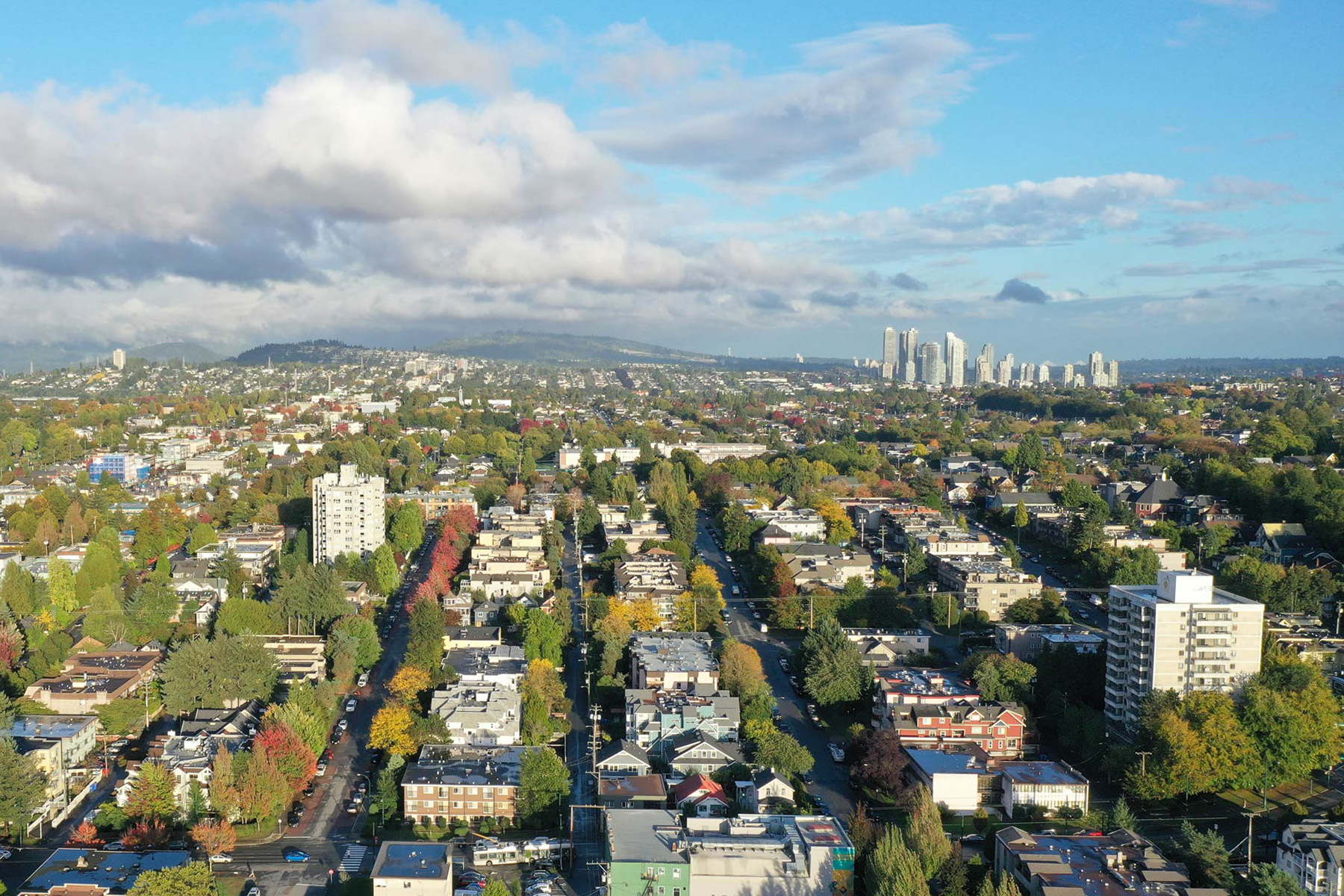Cities are relying on urban green (and blue) spaces to enhance climate resilience and livability. Although these are essential interventions, they are often informed by dominant values and practices—like the ecosystem services framework—that emphasize extractive relationships with the natural world. What's more, they often overlook the role that grassroots and local stewards play in tending to and improving green spaces in the city as well as the multiple worldviews that guide this care work. Adopting a highly collaborative and multidisciplinary methodology, this project seeks to increase recognition for the myriad ways in which urban greening and stewardship takes place in cities, the diversity of actors involved, and the range of values enacted through this work. Working in Vancouver, CA, New York, US, Medellín, CO, and Temuco, CL, we center co-creation and environmental justice in our approach, placing relationship building and counter-hegemonic thinking at the core of our research practice.



